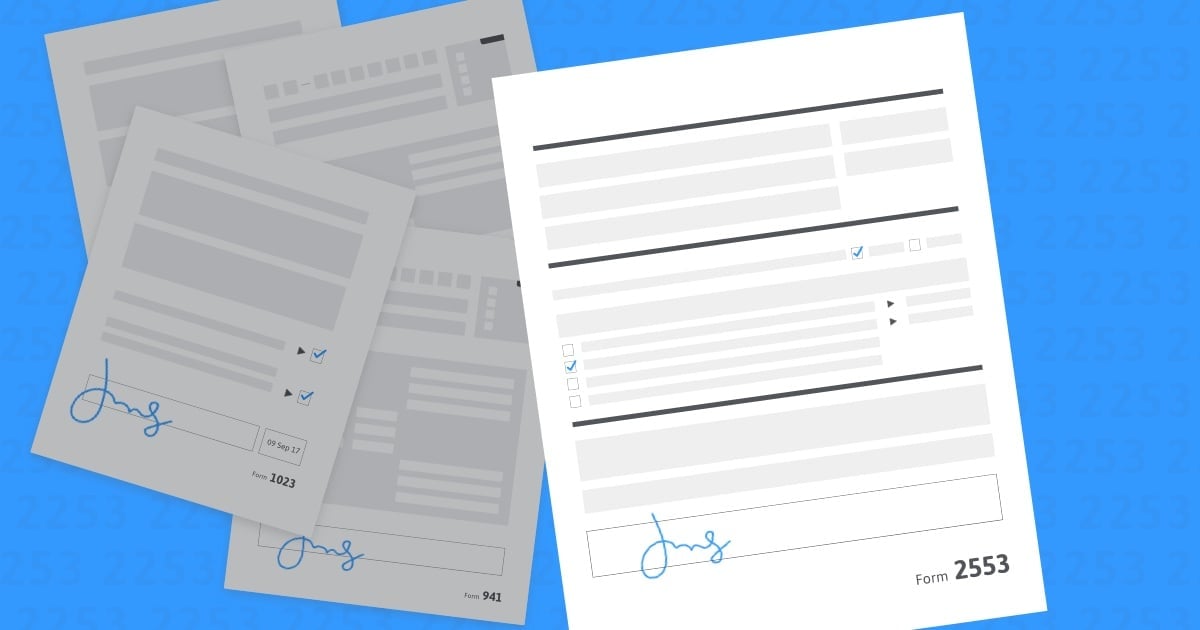There’s no doubt that many American businesses are global in scope, with owners or shareholders living outside the United States. Whenever there are international involvements in a company, it means that its tax situation will be complex and require an expert to guide the business in properly filing everything. If you have business clients with full or partial foreign ownership, they must file IRS Form 5472, Information Return of a 25% Foreign-Owned US Corporation or Foreign Corporation Engaged in a US Trade or Business.
What is IRS Form 5472?
Simply put, Form 5472 is an information return that provides information on reportable transactions between the reporting corporation and its foreign related party. In other words, for any businesses that have owners, partners, or shareholders that are considered a foreign person by the IRS must disclose all their transactions with international partners, owners, or shareholders.
The form is a requirement for C corps and LLCs that have at least 25% foreign ownership, shareholders or partners, or foreign-owned U.S. disregarded entities, also known as FOUSDEs. Reportable transactions must be reported every year and must include any type of activity between foreign owners and the corporation. It is filed with the corporation’s tax return.
So, what is the purpose of Form 5472? Requiring companies to use the form is an attempt to avoid income tax evasion centering on transactions that take place between US companies and any foreign participants. It’s also in place to stop foreign tax evasion as well as money laundering. The form generates corporate transparency, which acts as an audit of sorts on the financial interactions. It also prevents ineligible companies from benefiting from certain tax exemptions for which they don’t qualify.
Examples of using Form 5472
There are several types of reportable transactions between the foreign entity and the company that would require the use of Form 5472, such as:
- Exchange money, payments, rental income, commission, or sales transactions
- Pay for expenses on behalf of the foreign entity
- Premiums received or paid
- Use property within the United States
- Collect or make interest payments on loans between the business and the foreign owner
- Make capital contributions to the company
- Anything paid in relation to acquisitions or dissolutions
Essentially, any transactions that involve the company and the foreign entity must be reported using Form 5472. If there are no reportable transactions for the company, the reporting corporation is not required to file it. The company must also provide records of the transactions that are reported on Form 5472. This strict record-keeping is essential to ensuring the accurate and timely tax returns required by the IRS.
Penalties for not filing Form 5472
Even if you are familiar with Form 5472, make sure you are up to speed on the changes that took effect with the latest tax reform. The penalties for not filing at all or filing an incomplete Form 5472 increased greatly. Instead of a $10,000 fine in years past, the new penalty is $25,000 per year per form. This generates a great incentive for companies to ensure all their interactions are accurately documented in the form.
There’s too much at stake for companies to worry about late, incomplete, or improperly filed forms. As you can see, it’s important for companies with foreign related parties to file this important form to avoid the steep penalties.
Helping clients file IRS Form 5472
It can be overwhelming and intimidating for corporations to file Form 5472, so they often rely on the expertise of tax professionals to guide them to compliance. In order to file Form 5472, your client will need to get an EIN number to properly file with the IRS. The form is filed on behalf of the US corporation as an entity and not on behalf of the owners or shareholders.
Each year, the form is due to the IRS by April 15, and it is usually combined with other forms related to foreign companies and their US tax responsibilities. If you are filing an extension on behalf of your client, then the form is due by October 15. Currently, FOUSDEs are unable to file Form 5472 electronically, they can only be given to the IRS via fax or mail.
Form 5472 is a key document you must use to ensure foreign companies, like all domestic companies in the country, comply with all applicable US tax laws.
Interested in more IRS business form tips? Check out Form 2553: An Overview of Who, When, and Why.








Get Our Latest Updates and News by Subscribing.
Join our email list for offers, and industry leading articles and content.